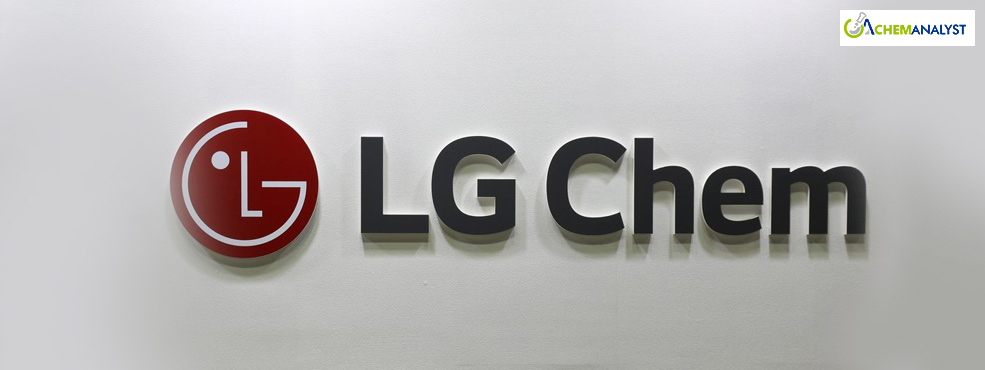Welcome To ChemAnalyst

LG Chem, South Korea's largest petrochemical company, is set to close its styrene monomer (SM) plant by the end of March. SM, a crucial ingredient in various petrochemical products, will cease production as the company weighs the possibility of discontinuing ethylene oxide (EO) and ethylene glycol (EG) manufacturing, two other commonly used products. This move comes amidst a global oversupply, primarily driven by a surge in production capacity led by Chinese companies, prompting expectations for a significant restructuring within the Korean petrochemical sector.
In an effort to adapt to market conditions, LG Chem plans to establish a new production line at its operational Yeosu SM plant, with an annual capacity of 150,000 tons, later this month. This decision follows the closure of one line in 2023. Additionally, LG Chem dismantled its Daesan SM plant, with a capacity of 500,000 tons per year, located in South Chungcheong Province in June 2023, leading to a complete halt in SM production. SM serves as a vital raw material for the production of acrylonitrile-butadiene-styrene (ABS) resin and synthetic rubber (SBR), both of which have experienced price declines due to the proliferation of Chinese facilities.
LG Chem is also considering halting the production of ethylene oxide (EO) and ethylene glycol (EG) at its Daesan facility. EO is utilized in cement and detergents, while EG is employed in the manufacturing of polyester fibers, film, and antifreeze. However, declining prices in recent years have made it economically unfeasible to sustain production. Similarly, Lotte Chemical divested a stake in its EO production plant in China to a Chinese company last year due to similar market challenges.
Other players in the petrochemical industry are adopting cautious strategies. Hyosung TNC, for instance, considered venturing into the butanediol (BDO) business, a key ingredient for spandex production, but ultimately decided against it. This decision stems from the oversupply situation created by increased production from Chinese counterparts.
The aggressive price competition initiated by Chinese companies has resulted in a decreased utilization rate for Korean petrochemical firms. While the utilization rate for ethylene and synthetic resin plants exceeded 90 percent in 2020, it dropped to the early 70 percent range by 2023. A utilization rate of 70 percent is typically considered the breakeven point for the petrochemical industry. Consequently, LG Chem has been restructuring its business portfolio since 2023, focusing on high-value-added products that still maintain a technological advantage over Chinese competitors. General-purpose products facing oversupply challenges are insufficient to sustain the company's operations above the 70 percent utilization rate threshold.
Similarly, Lotte Chemical and other industry players are directing their attention towards specialty businesses such as ABS and PC, which find applications in automobiles, home appliances, and smartphones. These strategic shifts reflect the industry's concerted effort to navigate the challenging market conditions and prioritize value-added products to maintain competitiveness.
We use cookies to deliver the best possible experience on our website. To learn more, visit our Privacy Policy. By continuing to use this site or by closing this box, you consent to our use of cookies. More info.
